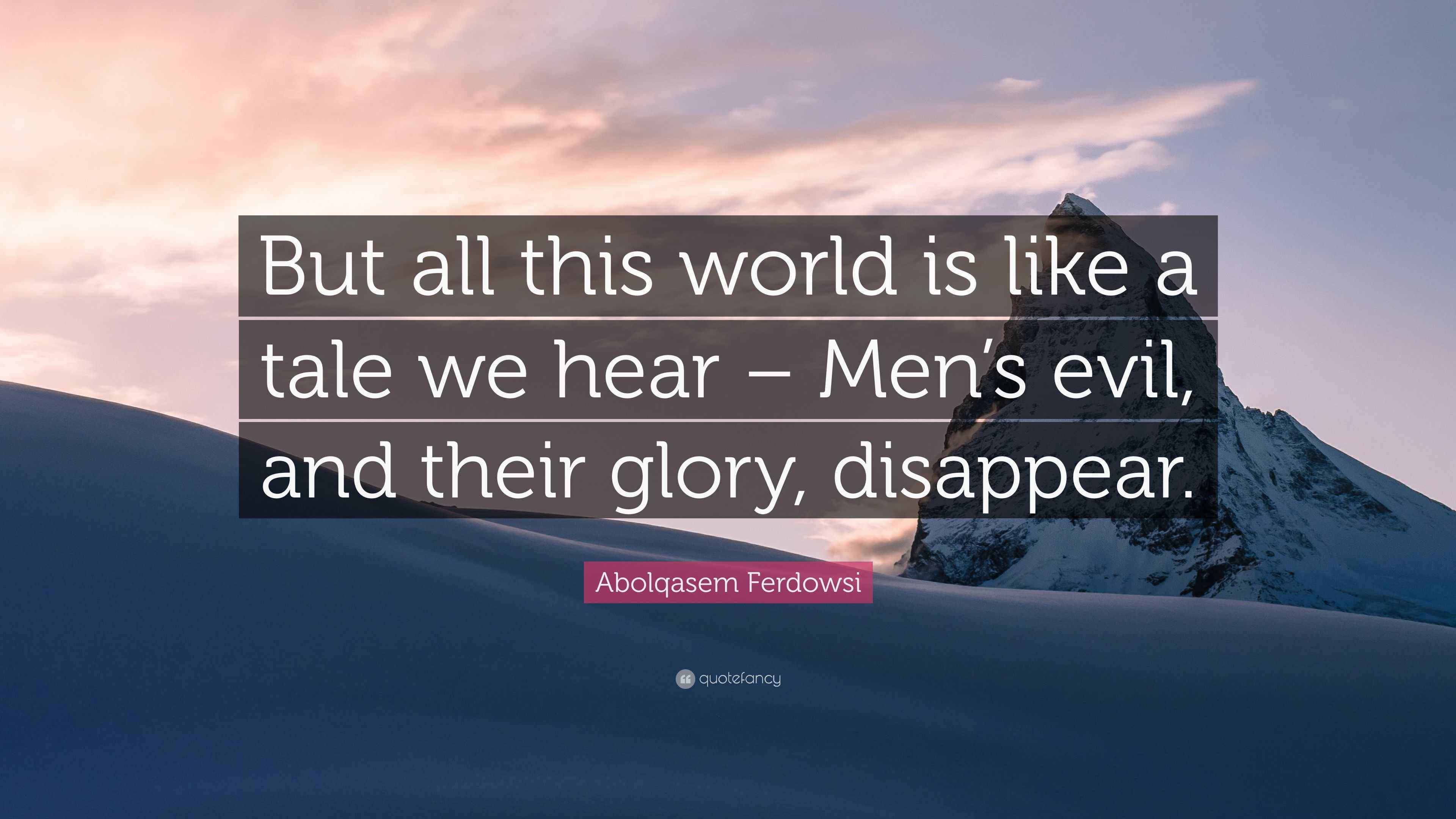

He records cruelty and beauty in the same page. Along the way, Ferdowsi records great battles and petty jealousies. Their greatest warriors fight, are betrayed and often rebel. The Shahnameh marches through centuries of history and myth. It differs from Homer's Iliad, which is sharply focused on a single great war, and even goes so far as to dispense with the preamble and join the battle already in progress. It is a gloriously unwieldy book, suggesting a nation with so much history that one can hardly make sense of it. Iranians say it was Ferdowsi, with a single great book, who preserved the Persian language, history and mythology from being erased.

Persia had been conquered, first by the Arabs who brought Islam, and later by barbarians from central Asia. It is also, however, a story of survival.

Most importantly, his book remains in many Iranian homes and hearts.įerdowsi mixed myth and history in the Shahnameh, known in English as the "Book of Kings." It's a chronicle of the rulers and warriors of the great Persian empire, which had come and gone long before the poet was born in 940 A.D. The closing couplets of his great poem are chiseled into the walls of the classical tomb built to his memory in northeastern Iran. His statue gazes over the traffic in a Tehran square. Iranians compare him to the Greek poet Homer. Maybe he wasn't bragging, since his words came true.


 0 kommentar(er)
0 kommentar(er)
